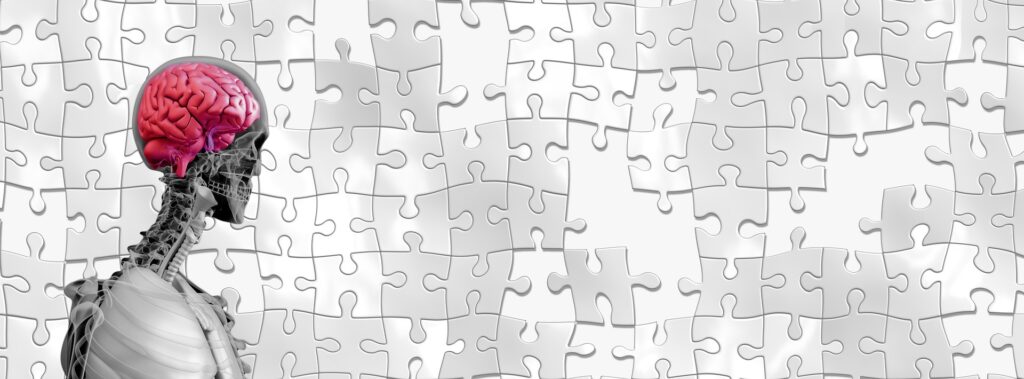Parents have the major responsibility of inculcating in children discipline, healthy competitiveness, striving for excellence. Learning all about the rights and wrongs and the do’s and don’ts. Developing healthy relationships and adhering to family norms.
As well as learning how not to deviate from the norms as it may lead them to difficulties. Much of the growing days of children are spent in schools. Here they get to understand themselves and their environment better and through this, they also learn about their physical world.

School Vs. Family
Next, to the child’s family, the school plays an important role as an agent of socialization. The child is provided opportunities by the school to learn to explore and experiment both academically and in dealing with others. As well as becoming aware of his own strengths and weaknesses. This exploration is not always pleasant and smooth as it may lead the child into areas that have the potential to escalate into problems. For instance, the child may face the problem of being bullied in school. In certain cases, the child may manifest problems related to psychological and physical stresses.

Mental Health of Children
Mental health according to the World Health Organization (WHO) is ‘a state of wellbeing in which the individual realizes his or her own abilities, can cope with the normal stresses of life, can work productively and fruitfully, and is able to make a contribution to his or her community’. A healthy mental state of Children is essential as it empowers them to flourish and develop in the right direction, thereby fostering developmental competencies in them.
At the same time, it must be remembered that success during early life does not depend on academic achievements alone, but vital to it is also developing a healthy personality and emotional competencies, which lead to psychological wellness.
Children have certain personality dispositions, for example, extroversion and introversion. While extroversion helps children to interact with others easily, share their joys and sorrows with their peers and family members, introversion makes children draw into themselves and manifest more of shyness and hesitate to interact with peers and others. Some children also show mood swings, uncontrollable behaviors, and impulsivity, which may make them lose interest in work and play.
In some cases, children may lie, steal and play truant from school and home. Such behaviors are indicative of problems within the child and if these continue for a long period of time they will need psychological help to overcome their problems.
Learn more about Dr. Prerna Kohli
All images courtesy Pixabay

